When you drift off into dreamland, your body might look like it’s on pause, but under the surface, it’s a hive of activity. In fact, sleep and hormone balance are deeply connected, and neglecting your shut-eye can throw your entire system off balance.
Yes, even though you’re lying still, your body is working overtime on critical tasks like repair, detoxification, healing, energy storage, and boosting your immune defenses. Essentially, it’s doing all the behind-the-scenes work to help you wake up ready to conquer your day.
In this post, you’ll learn how sleep supports your hormone health, what happens when you’re sleep-deprived, and practical tips to sleep better—especially if you’re juggling a busy, modern life.
Let’s dive in.
The Sleep-Hormone Connection: Why Sleep and Hormone Balance Go Hand-in-Hand
During sleep, your body releases key hormones that play crucial roles in your well-being. One of the stars of this hormonal show is growth hormone, which supports everything from cell repair to muscle development. Without enough quality sleep, these processes stall, and you might notice sluggish recovery, reduced muscle gains, and even premature aging.
Moreover, sleep directly influences the hormones that regulate appetite—leptin and ghrelin. When you’re sleep-deprived, leptin (which signals fullness) dips, while ghrelin (which triggers hunger) surges. The result? You find yourself reaching for snacks you don’t really need.
If that wasn’t enough, poor sleep can also mess with your cortisol rhythm. Cortisol, the infamous stress hormone, should naturally lower at night, but if you’re tossing and turning—or scrolling social media before bed—it can stay elevated. High cortisol levels can promote fat storage, weaken your immune system, and fog up your brain.
Also Read: Common Endocrine Disrupting Chemicals
How Your Circadian Rhythm Rules the Hormonal Symphony
Your circadian rhythm—a fancy term for your internal clock—is what keeps your body in sync with the world. It governs when hormones like melatonin rise (helping you fall asleep) and cortisol spikes (waking you up).
Here’s the kicker: artificial light, late nights, and stress can throw off this natural rhythm. Ideally, you want to align your sleep-wake cycle with the sun, but in our modern world, that’s easier said than done.
Still, there are steps you can take tonight to reclaim your rhythm, improve your sleep, and bring your hormones back into balance.
Proven Tips to Improve Sleep and Hormone Balance
1. Make it Pitch Black
One of the simplest ways to signal your body it’s bedtime? Block out every source of light.
Even the tiniest glow from your alarm clock or streetlights can confuse your brain and suppress melatonin. Invest in blackout curtains or a cozy sleep mask to create your own sleep cave. Your hormones will thank you.
2. Prime Your Bedtime Routine
About an hour before bed, dim the lights. This mimics the setting sun and gently cues your brain to wind down.
I personally love using a white noise machine (this is the one I swear by) and I turn it on the second I walk into my room. Over time, this routine becomes a trigger for your brain that says, “It’s sleep o’clock.”
3. Protect Yourself from Blue Light
Blue light from your devices can keep your brain on high alert by blocking melatonin.
If you can, avoid screens in the hour before bed. But if you love to wind down with an e-book or scroll social (guilty here), grab a pair of blue-light blocking glasses. They filter out the worst offenders and let you keep your screen time—without sabotaging your sleep.
Also read: Do Blue Light Glasses Work for Sleep?
4. Cut Off Food, Drink, and Workouts Before Bed
Try to wrap up meals, snacks, and workouts at least two hours before hitting the pillow. And be extra cautious with caffeine—it can linger in your system for up to eight hours. I tell my clients to avoid caffeine after noon to play it safe.
Also, ditch the chocolate or sugary treats before bed. While they taste like comfort, they can spike blood sugar and lead to restless sleep.
How Sleep Disruptions Derail Recovery and Hormone Balance
Missing even a few hours of quality sleep can throw off your delicate hormonal ecosystem.
- Growth hormone production plummets, stalling muscle recovery and fat burning.
- Appetite hormones go haywire, making you feel hungrier, even when you’re not.
- Elevated cortisol can make you feel wired at night but exhausted during the day, further disrupting your circadian rhythm.
This vicious cycle is why prioritizing sleep is one of the most underrated recovery hacks, especially for athletes, busy professionals, and anyone looking to age gracefully.
How Sleep Disruptions Derail Recovery and Hormone Balance
If you want balanced hormones, better recovery, and a sharper mind, start with your sleep.
By making a few adjustments to your nighttime routine—like blocking blue light, making your bedroom dark and cozy, and ditching late-night snacks—you can improve sleep quality and support your body’s natural repair processes.
And now that I’ve reminded myself of all this, I’m off to unplug and get my dose of growth hormone (a.k.a. sleep).

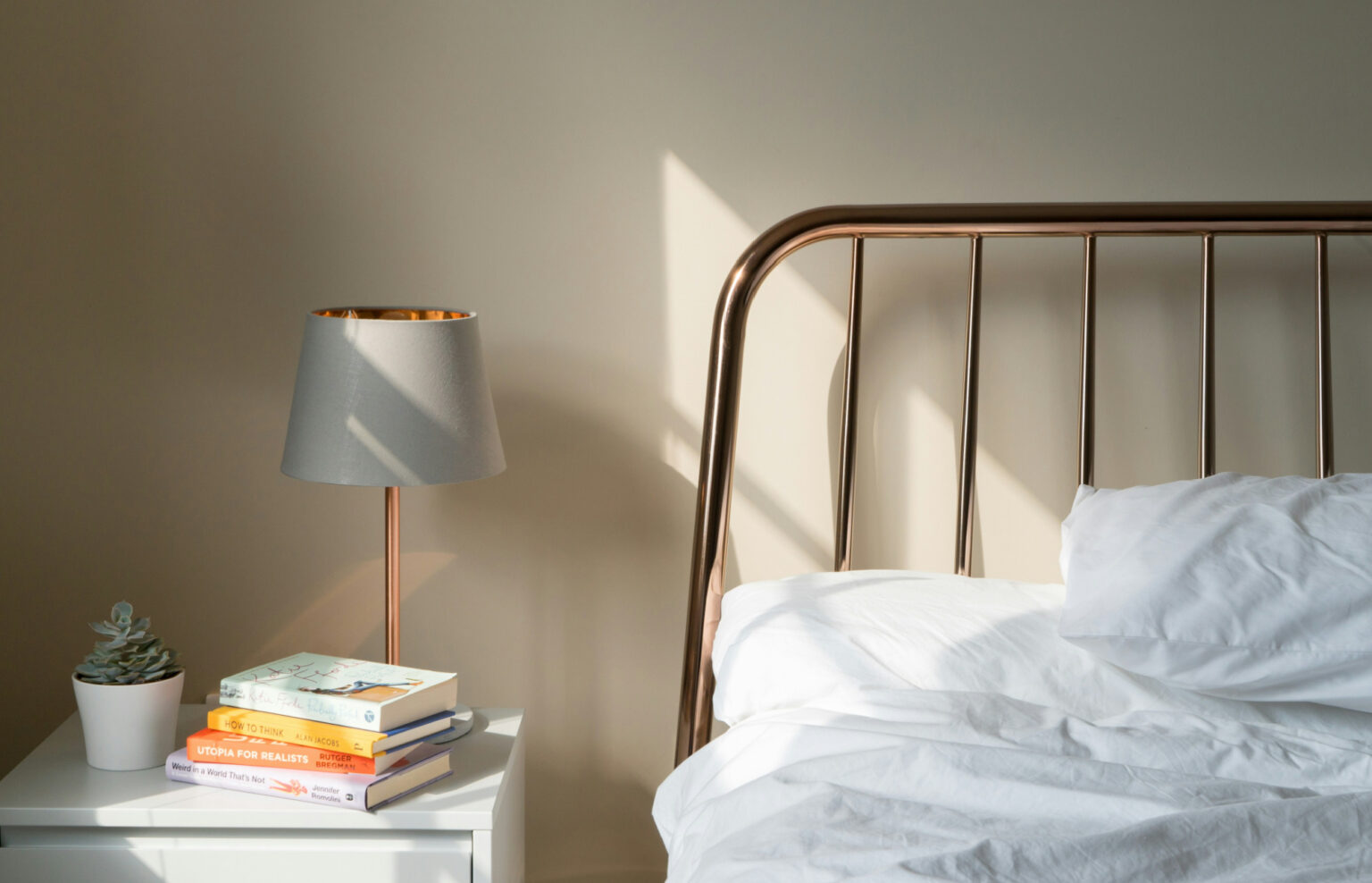
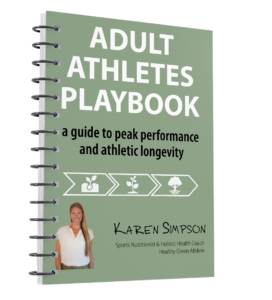



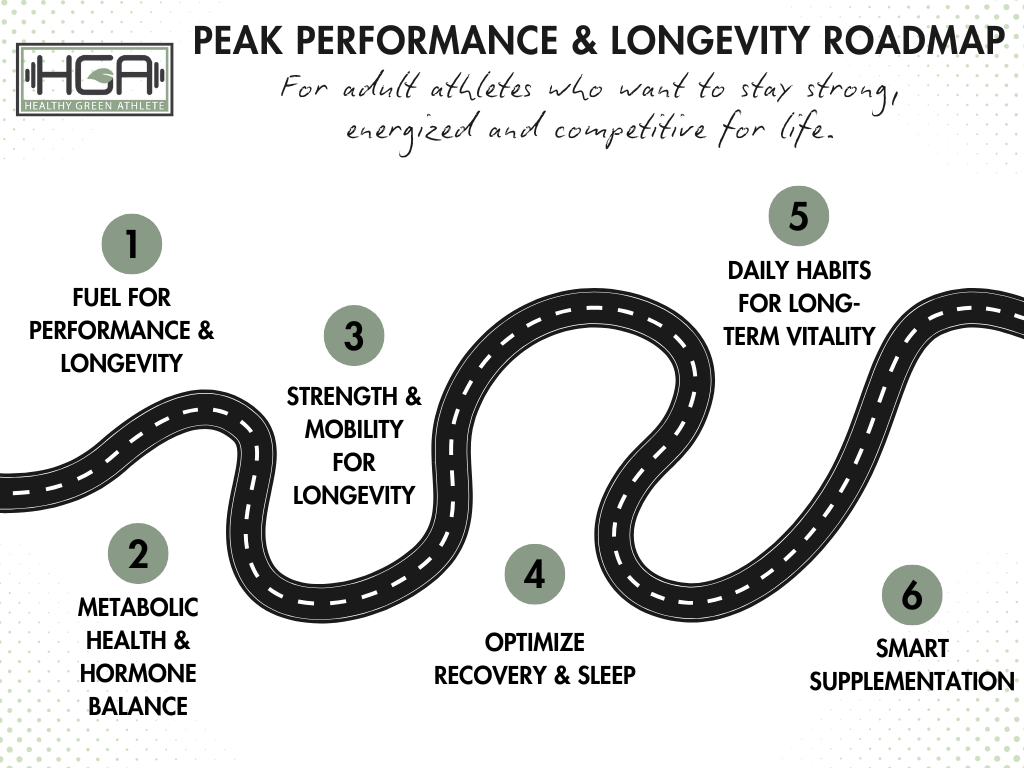


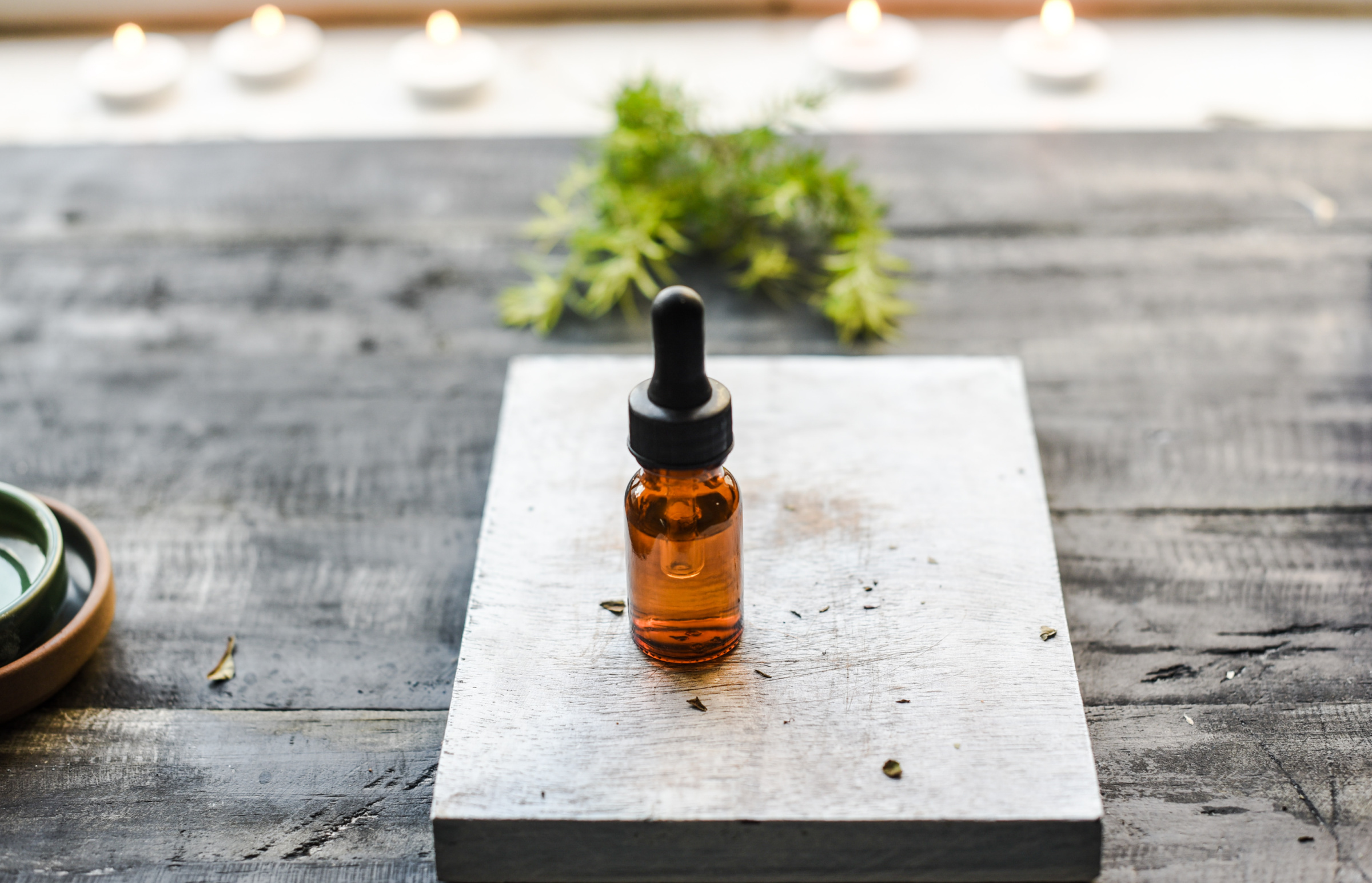



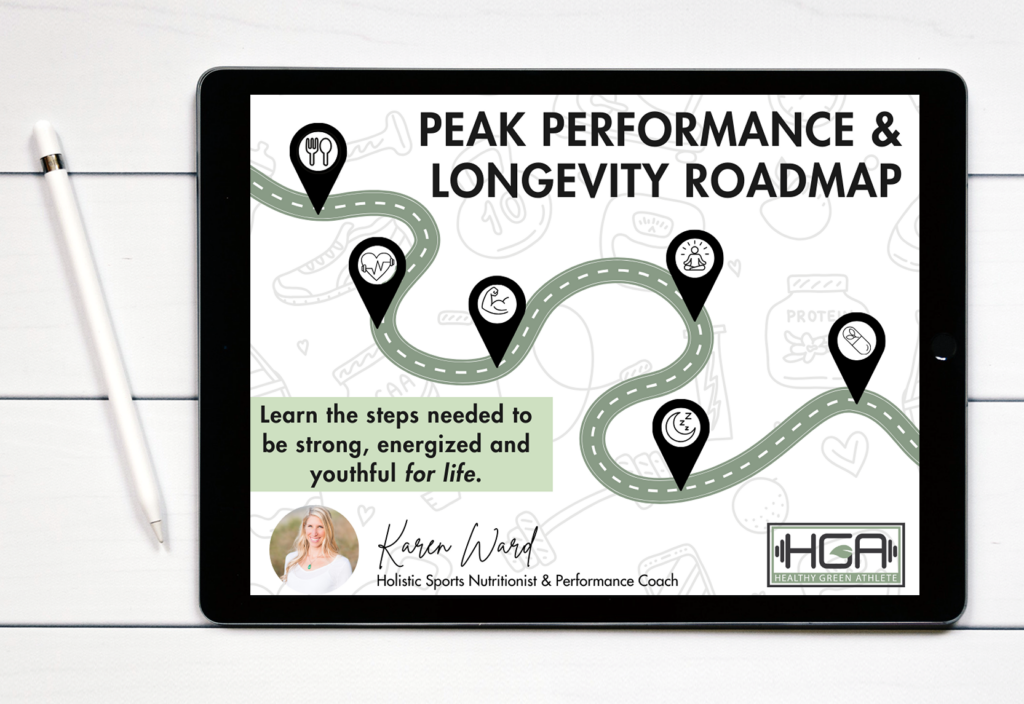
3 Comments
Pingback:
Pingback:
Pingback: